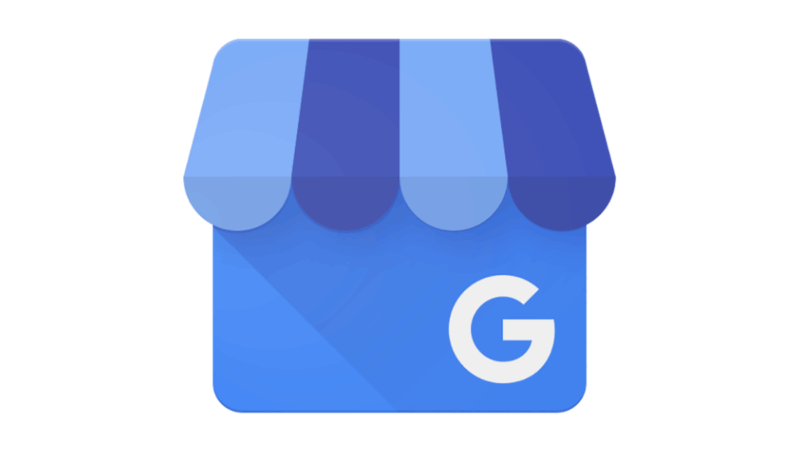I Offer Visa Insurance For English Speakers In France [& Make $3M/Year]
Hello! Who are you and what business did you start?
I’m Fabien from FAB FRENCH INSURANCE. I run an insurance brokerage agency in the South West region of France. We sell insurance for the English-speaking community living in France, mostly insurance for VISAS (or residency applications) and also provide car insurance, as well as home and content policies. Basically, we smooth out the administrative challenges of living the French dream. Although we’re based in France we provide a 100% English service.

I started this venture alone but I’ve grown the team to nine; with an initial investment of just $10K, combined with working in a very competitive area, I’m...


































